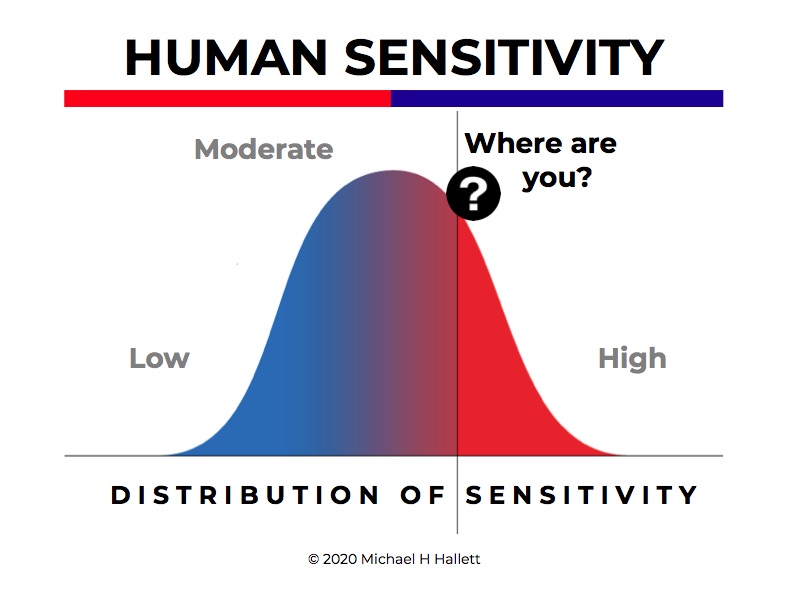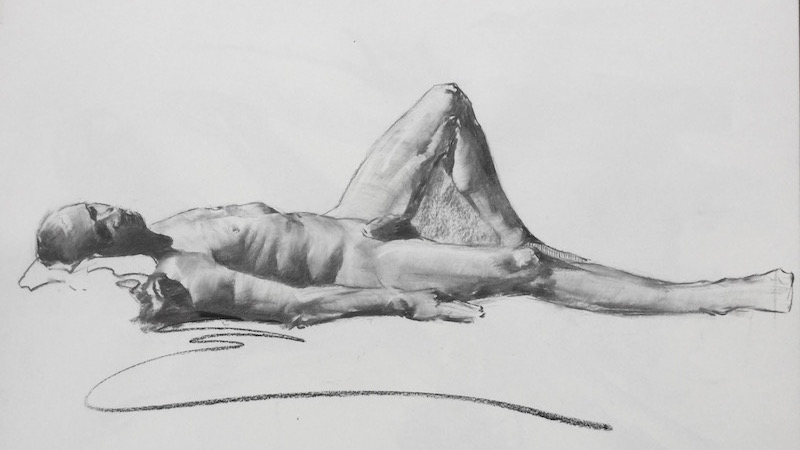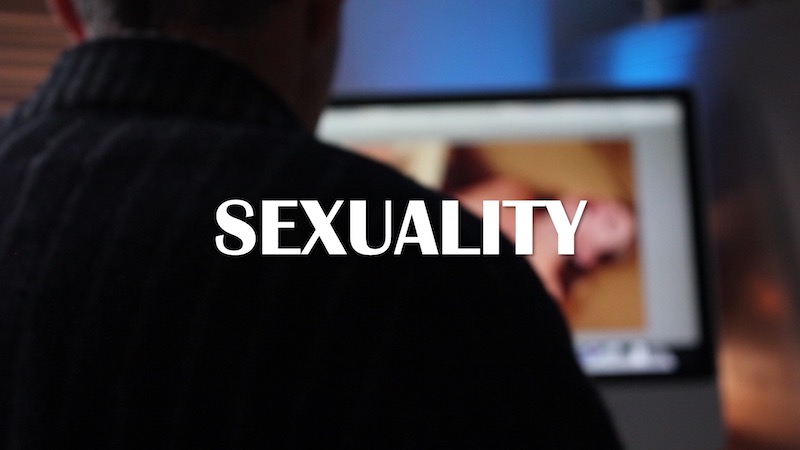In a blog titled The forbidden image of the penis I examined the fundamentally shameful nature of the penis. Here let us examine how that shame manifests in Erectile Dysfunction (ED).
According to the British Association of Urological Surgeons (BAUS), “Erectile dysfunction becomes commoner with increasing age and is seen in 50-55% of men between 40 and 70 years old.” They add that, “A psychological component, often called ‘performance anxiety’, is common in men with impotence. However, a purely psychological problem is seen in only 10%.”
That performance anxiety is the pointer to sexual shame.
The underlying question of how a society can produce 40-70-year-old men with sexual performance anxiety passes unasked. the answer, of course, is unconscious sexual shame that leaves men afraid and ashamed of having sex their whole lives.
Life modelling
First, a caveat. I must admit that my own experience of ED is very limited. I don’t have performance anxiety or any physical cause inhibiting my ability to become aroused. But I did have an interesting experience of shame affecting arousal.
As part of my investigation into the parameters of sexual shame, some years ago I took up life modelling—posing naked for life drawing classes. When I started, I had some anxiety that I might uncontrollably become erect in front of a roomful of old ladies sketching away with their pencils and charcoals. It didn’t. I was relieved—but slightly puzzled.
Was there a physiological mechanism preventing me from becoming aroused in that situation?
I felt into this during a session and sensed a numbness in my penis—the shame of its forbidden image. As I became more relaxed about modelling, my penis became more responsive and sometimes became aroused. I felt the full force of the shame of not just being naked in public but aroused in public. This experience gave me valuable insights into shame and how it can prevent sex through stifling erectile performance.
The question then becomes, what determines this 50-55% of men who are affected by ED?
Erectile Dysfunction lies at the nexus of two data points: sexual shame and human sensitivity.
Human sensitivity
Elaine N. Aron, PhD, has devoted her life to studying people who she calls Highly Sensitive Persons or HSPs.
Her studies show that around 20% of people are much more sensitive that average, while another 22% were somewhat more sensitive. In a bell curve that looks something like this:
 So, who are Highly Sensitive People?
So, who are Highly Sensitive People?
HSPs feel things that others don’t. They are more aware of their own emotional state and that of others, so they aware of unspoken conflicts between people, whether that’s at work or at home.
Because they’re emotionally sensitive they experience these conflicts as painful and try to avoid them. And because most of the people around them aren’t aware of these heightened emotions and act as if they don’t exist, just pursuing whatever it is they’re after with zero regard for how anyone feels, HSPs feel like outsiders or ‘black sheep’ who don’t fit in.
I’ve already talked about how society has historically opposed displays of emotions and sexuality and created unspoken rules around what is and isn’t acceptable.
Because HSPs are more in touch with their emotions and their sexuality they have a greater desire to express them as a natural part of who they are—which of course puts them in conflict with the sex-negative social taboos, and the shame of those taboos.
So HSPs are more aware of society’s unspoken rules, their own impulse to break them, and the shame of doing so.
As a consequence, HSPs develop unconscious coping mechanisms to keep them within the ‘tram lines’ of accepted behaviour. Deeply aware of their own transgressive nature, sensitive men can develop ED as a means of preventing shame by preventing sex.
Treating Erectile Dysfunction
I would suggest proceeding in two directions.
Firstly, approaching it from the perspective of sexual shame. Use the tools in the Releasing Unconscious Shame course to focus on and bring into conscious awareness any shame around your sexuality.
This approach is as yet unproven, so I would also recommend approaching the BAUS to check for any physical issues. (My deeper sense is that the shame may underlie the physical issues though this, also, is unproven.)
A twin-pronged approach stands the best chance of getting your own ‘prong’ back into action.
I haven’t mentioned pharmaceutical fixes because I believe in seeking root cause resolution.
Next steps
For further resources on sexuality, both free and paid, please click on this image.
Image courtesy of MK Life Drawing


